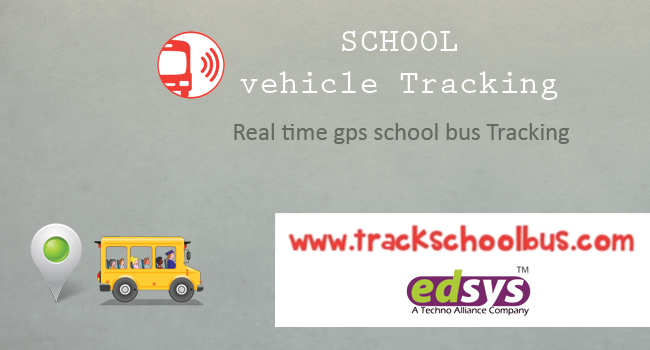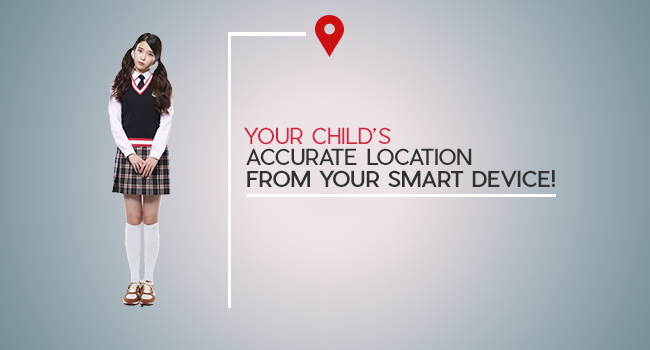A school bus driver is usually responsible for transporting students to and from school. However, this responsibility becomes more challenging and unique when the students being transported are children with disabilities and special needs.
Providing personal care, communicating with others and physically moving from one place to another are major achievements for these students.
Here are 10 Frequently Asked Questions about transporting students with special needs:
Read Also : How to Transport Special Needs Students on School Bus
1. Are schools obliged to ensure transport facilities for students with disabilities?
An accessible school must have transport facilities; else its relevance will be lost as students with disabilities cannot get there.
According to the Persons with Disabilities Act, 1995 under Section 30, it is required that the appropriate government shall, by notification, organize a comprehensive education system which makes the necessary provisions for transport facilities to help children with disabilities, or financial incentives for parents so that the children can be sent to schools.
2. How should a school bus driver manage the students?
The driver must create an atmosphere of friendly assistance and appropriately respond to the individual and group needs. The driver must serve as an important link helping students in their efforts to reach their achievement easily.
The common characteristics of a school bus driver transporting students with special needs include patience, alertness, flexibility, resourcefulness, enthusiasm, emotional stability, personal warmth, friendliness, compassion, and understanding.
The driver must develop a rapport with the children and use mature judgment in times of both child care and driving.
Read Also : 7 School Bus Transportation Facilities for Special Need Students
3. Are drivers of special needs students different from normal student drivers?
A driver for special needs students has several unique areas to take care of. This is because every moment, every experience, including the daily bus ride to school, is an important part of the child’s progress.
Drivers must explain the bus rules to all children and help the child understand how to obey them. The ride to and from school can be an enjoyable experience that the child awaits or a dreadful experience that the child does not want to take.
The driver must pay extra attention to child care and also focus on routine matters such as the allocation of seats and seatmate, use of seatbelts, and student management.
4. Does the driver need to know about every student?
Yes, it is extremely vital for the driver to know about the needs and abilities of the passengers.
For this purpose, the driver must communicate with the school staff. Furthermore, if the school authorities permit, the driver must discuss safety precautions with the parents.
The driver must understand special equipment use, schedules, and transporting medication since different needs require different plans.
5. Can I choose the type of vehicle for my child’s transportation?
Generally, the school decides the type of vehicle to use for transportation. The different types of vehicle used by schools include mini busses, minivans, cars or taxi cabs.
Parents don’t have much say in the kind of vehicle used unless there is an issue with Least Restrictive Environment (LRE). However, parents do have the right to inform the driver and school authorities about special precautions that need to be taken with their child.
6. Can I request for specialized equipment in the vehicle?
One of the common issues that arise during the transportation of students with special needs is air-conditioning. Government laws don’t generally take climate-controlled transportation into consideration.
However, if the IEP team analyzes that a student requires climate-controlled transportation and specifies that such accommodations be made for the child, the school authorities will need to comply. Special transportation services will be arranged without any additional cost to the parents.
7. What kind of safety can I expect for my child?
Students with special needs spend a lot of time in the bus when traveling to and from school. Depending on the disability or requirement of the child, the vehicle must have safe and effective ways to lift a child.
Generally, these are arranged for and the driver is able to learn the techniques by conversation and application with the school specialists. In certain cases, the following are arranged for special needs students:
– Seats have rolled padded tops and sides. These ensure that the child does not suffer from any kind of pupil injury at the time of panic stops.
– Foam seats to adding an extra layer of protection and comfort for the child.
– Individual seatbelts on all seats are a must for the safety of all special needs students.
Read Also : 15 Effective Special-Needs Training Tips For School Bus Driver
8. What are the qualifications a driver need for transporting students with special needs?
Apart from basic operator qualifications such as age, health, prior experience, vehicle knowledge, safe driving practices, and vehicle maintenance, the driver must know how to use specially equipped vehicles.
A driver managing the vehicle for special needs students should learn how to use braces, wheelchairs, clutches etc.
The loading and unloading of children are also crucial. This is because every child must be dropped in front of each child’s house. The child cannot be left unattended.
These children may not be able to board the bus easily. Drivers must establish eye-to-eye contact with the children. Vehicles prepared for the purpose of transporting children with special needs are equipped with safety devices such as harnesses and using the same is mandatory.
9. How do you determine if you are eligible for transportation services?
The IEP team along with the parents of the child needs to determine eligibility. A child with a disability can avail special education and related services only after the IEP team has evaluated the specific needs and requirements.
The IEP team must take information from all necessary personnel before an informed decision is taken to offer safe transportation and match the individual requirements of the child with special needs.
10. Does the school bus transporting children with special needs require a school bus attendant?
This is a decision taken by the school authorities. The IEP team can assist to determine if an individual child has the requirements for a school bus attendant.
The roles and responsibilities of the school bus attendant will be explained on the basis of the needs of the specific child with special needs.

















